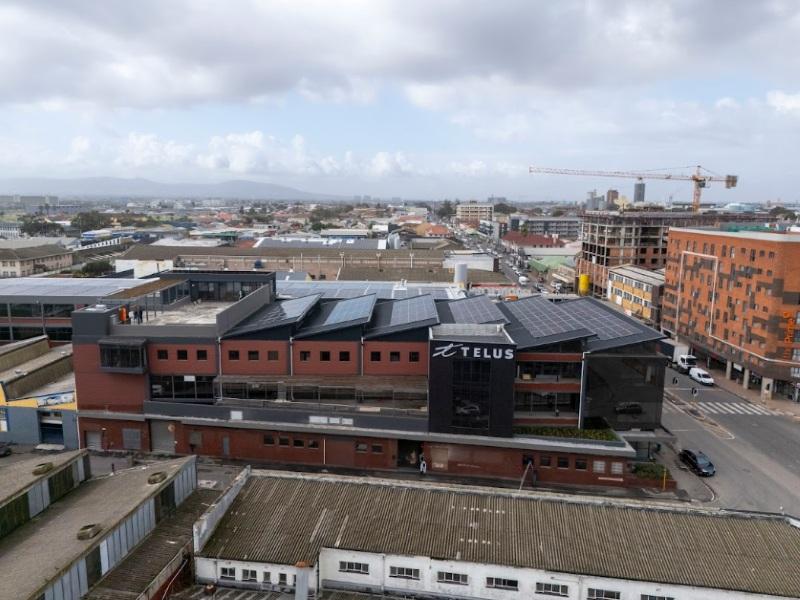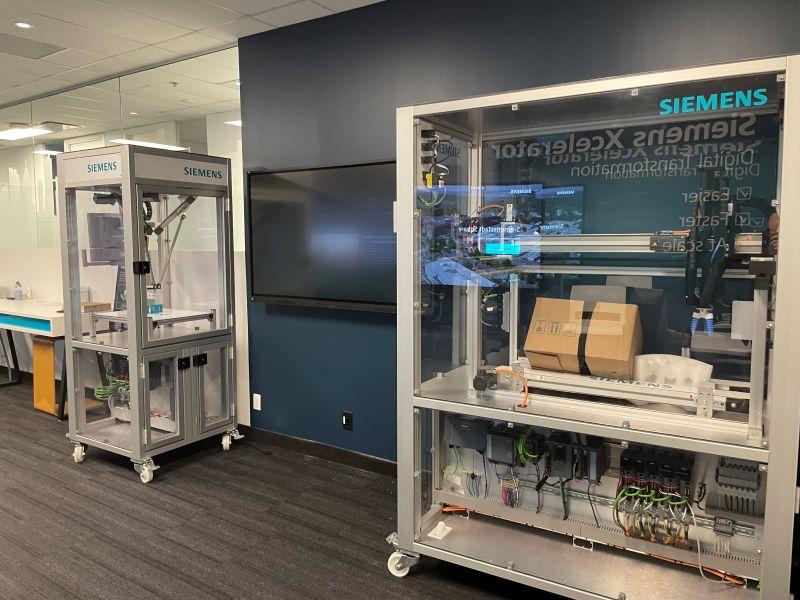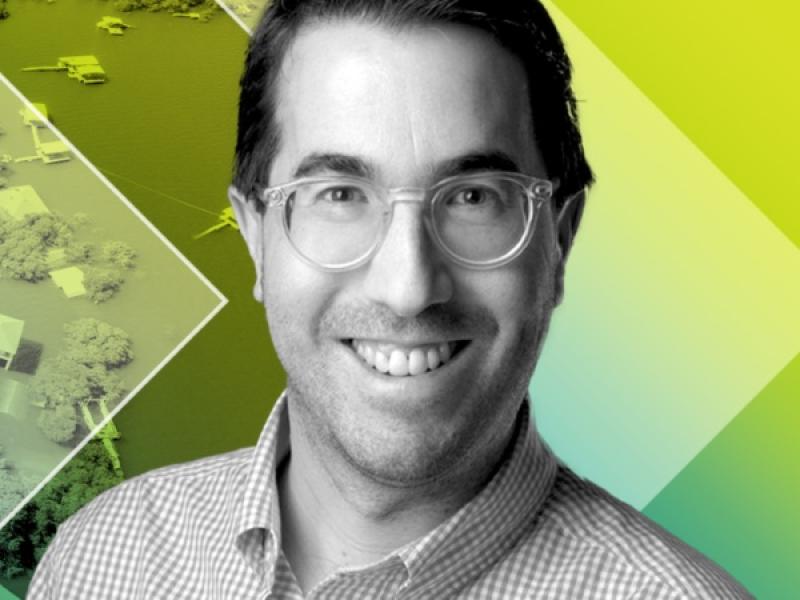Recent Articles
Country Homes uses Schneider Electric’s smart monitor
Country Homes uses Schneider Electric’s smart monitor
Schneider Electric has partnered with the Woodbridge, Ontario-based Country Homes to install the former’s Wiser Energy Smart Home Monitor in new homes.
City of Ottawa strategy for GHG reducing retrofits
The City of Ottawa has embarked on a strategy to encourage voluntary GHG reduction retrofits of existing industrial, commercial and institutional (ICI) and large multi-unit residential buildings that will focus on how to achieve zero GHG emissions by 2050.
How the CRE sector is building a greener future
• GreenBiz
For years, real estate has debated the “green premium,” where sustainability-focused companies pay a higher price to rent or buy buildings with certified sustainability credentials that match their values. There’s been much research on how to quantify this green premium.
The cost to reach net zero by 2050 is a bargain
• Bloomberg Green • McKinsey & Co. report
The figure in the latest analysis of the costs of achieving net-zero emissions from McKinsey & Co. is a staggering $9.2 trillion for every year between now and 2050, with a grand total of $275 trillion of investments in energy assets and land-use systems.
Walmart U.S. invests in vertical farming startup Plenty
Walmart has invested in agriculture startup Plenty, becoming the first large U.S. retailer to significantly adopt indoor vertical farming as a way to deliver fresher produce to its stores while using less water and land, no pesticides and year-round supply.
U.S. cities endorse standard for reusable packaging
• GreenBiz • Sustainable Biz Canada
In the years before the COVID-19 pandemic, reuse gained traction. Back in 2019, Berkeley, California, established an ordinance for restaurants to make the switch to reusable foodware and since then, other cities in the state have adopted similar ordinances.
Driscoll’s working to scale circular plastics economy
Driscoll’s leads the produce industry in increasing the circularity of packaging and landfill diversion of agricultural plastics. It’s the first berry company to make a commitment to 100 per cent recycle-ready packaging by 2025 and has injected serious funding into innovation.
France prohibits plastic packaging for produce
Starting on January 1, 2022, most fresh fruits and vegetables can no longer be packaged for sale in plastic. Around 30 items, including apples, bananas, oranges, large tomatoes, eggplants, leeks, pears, onions, lemons and more are listed as being affected by the change.
Munchkin to develop materials using plastics
• Environmental Leader • National Geographic
Children’s and baby care product company Munchkin will begin using plastics that can not only be recycled but also be naturally broken down if thrown away. Munchkin will develop products with Smart Plastic Technologies to produce the materials.
Canadians flocking to food rescue apps
Users of apps like Too Good To Go, Flashfood, Feedback and Olio say they have paid from $3 to $10 for prepared meals, a week’s worth of vegetables and fruit, several loaves of bread, pastry boxes and entire pizzas with significant savings.
Supply chain technology platforms get investments
Investment in supply chain technology and risk management is rapidly increasing as efficiency and sustainability become more of a priority across business operations, and two artificial intelligence platform providers announced receiving funding for their systems this week.
Philippines’ Typhone Rai leaves trail of plastic trash
A deluge of plastic waste washed over the island of Batasan in Tubigon, Bohol in the aftermath of the Philippines ‘ deadliest typhoon in December. The piles of debris are a grim reminder of the country’s chronic marine trash problem.
E-waste repair incentives keep trash out landfills
• GreenBiz • Sustainable Biz Canada
Global e-waste is set to grow to 75 million metric tons by 2030, according to the U.N. Global E-waste Monitor. That’s concerning because many products can be reused, reducing the need to produce more and because e-waste tends to contain harmful chemicals.
Quebec is lagging on its recycling promises
Whenever we toss something in our blue boxes, Montrealers trust it will eventually get recycled. Recycling has been the backbone of our waste disposal programs for decades. We’ve been taught to recycle to do our part for the planet.
Calgary business repurposes used chopsticks
When the pandemic hit in 2020, Calgary landscape designer Joanne Dafoe began searching for a fresh challenge to make a difference.
“As I sat there day after day, I started reevaluating where I was in life and what my story was.”
Looking beyond carbon offsetting for companies
• GreenBiz
A primary way to support climate action outside value-chains has been to purchase carbon credits to compensate for a company’s own GHG emissions. This is insufficient because most types of credits can’t guarantee that a ton of carbon is avoided.
Uphill climb: Ski resorts grapple with snow drought
A jarring sight during extreme drought: snowmaking guns lined up on a mountainside, blasting crystal flakes on a ski run while the rest of the land goes thirsty. Snowpack in the U.S. West has decreased by about 20 per cent since 1920.
PBO’s report on orphaned oil wells omits some costs
A new federal report pegs the cost of cleaning up orphaned Canadian oil and gas wells at $1.1 billion by 2025, but does not account for the massive cost of completely returning sites to their natural states.
German coal region makes successful green transition
East Germany’s coal industry has been in decline since German reunification, but the recently elected federal government – a coalition of green, liberal and social democratic parties – has been the final blow by agreeing to phase out all coal power by 2030.
U.S. jurisdictions ban new gas hookups for cooking
• Christian Science Monitor • TreeHugger
Dozens of jurisdictions from Brookline, Massachusetts, to San Francisco have moved to ban new gas hookups for heating and cooking, and New York City last month phased in emissions limits in new buildings beginning next year.
 Industry Events
Industry Events
-
ECO IMPACT 2026
Feb 19 2026
to Feb 20 2026
The Westin Calgary -
BuildGreen Atlantic
Apr 27 2026
to Apr 28 2026
Halifax, NS -
The Evergreen Conference
May 06 2026
to May 07 2026
Toronto, ON -
Building Lasting Change
Jun 17 2026
to Jun 19 2026
Montréal, QC -
Retrofit Canada Conference
Jun 24 2026
to Jun 25 2026
Halifax Convention Center











